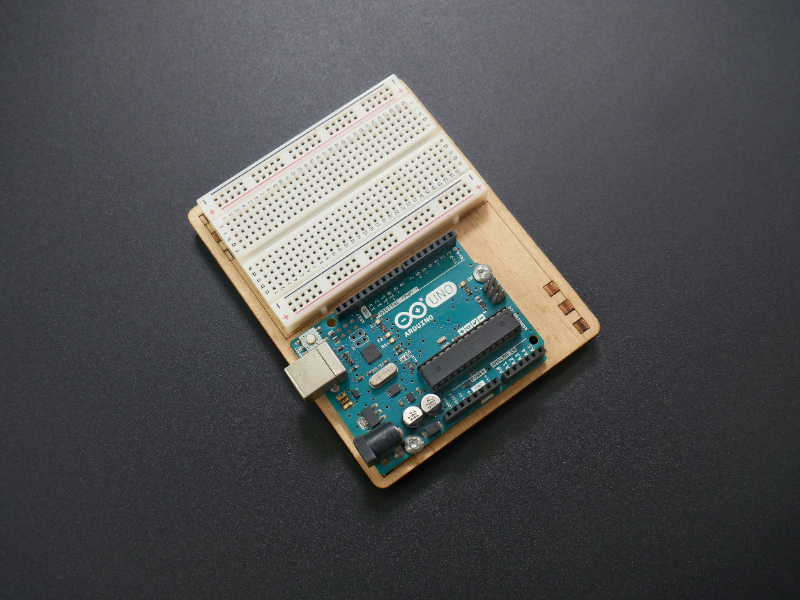- China’s semiconductor index hit a near three-year high as TSMC halted shipments of advanced chips to Chinese customers, spurring a push for local production.
- SMIC, China’s largest chipmaker, is expected to play a pivotal role in meeting domestic demand despite equipment restrictions from U.S. export controls.
What happened
China’s semiconductor industry is experiencing a notable surge, with the China semiconductor index nearing a three-year high following Taiwan Semiconductor Manufacturing Co.’s (TSMC) announcement that it would suspend shipments of advanced chips to specific Chinese customers. The order from the U.S. Department of Commerce restricting TSMC’s export of certain high-performance chips to China has sparked renewed determination within the country to accelerate its self-reliance in chip manufacturing, spurring investments in domestic alternatives.
Also read: Malaysia becomes semiconductor hub amid U.S.-China chip tensions
Also read: China launches $47.5B fund to boost semiconductor industry
The impact of TSMC’s halt has created ripples across China’s tech landscape. While Chinese firms, especially those focused on artificial intelligence (AI) and graphics processing, are expected to face initial hurdles, the scenario could ultimately benefit local manufacturers. Chinese companies have increased efforts to produce their own advanced chips since previous U.S. sanctions targeted industry giants like Huawei, barring U.S. firms like Nvidia and AMD from selling cutting-edge chips to Chinese customers.
SMIC, China’s largest foundry and a key player in the nation’s chip independence strategy, is in the spotlight. The company’s shares rose over 4% on Monday as investors eye SMIC’s potential to meet the rising demand for advanced semiconductor technology. Although SMIC is equipped to produce some chips at the 7-nanometer process node—a capability considered critical for AI applications and advanced smartphones—scaling up remains challenging due to U.S. export controls, which prevent SMIC from accessing the latest equipment from Western suppliers.
Why this is important
TSMC’s suspension of advanced chip shipments has highlighted the fragility of China’s semiconductor reliance on foreign companies, particularly those subject to U.S. regulatory influence. This move places added urgency on China’s tech sector to cultivate a stronger, more independent semiconductor supply chain. Chinese chipmakers, especially SMIC, are now expected to prioritize research and production capacity to meet high-tech demands, as well as explore alternatives to restricted Western manufacturing tools.
For China, increasing domestic production is a critical step towards safeguarding its tech sector against geopolitical tensions. The current situation also underscores the resilience required for China to bridge its technology gap with Western rivals. By fostering domestic growth in semiconductor capabilities, China is positioning itself to weather future trade restrictions and pursue more extensive advancements in artificial intelligence and high-tech infrastructure.

